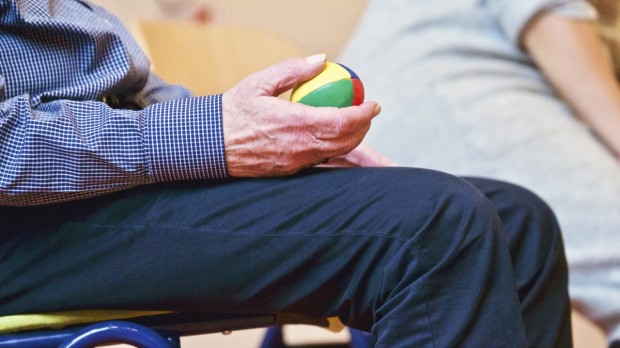Stereotypes about technology and seniors are starting to change, with surveys to back up just how savvy seniors are becoming. Pew Research discovered that 70 percent of seniors ages 65 and older use the internet on a typical day, in comparison to 82 percent of all adult internet users who say they go online on an average day. In addition, seven in ten seniors own a cell phone, and one in three online seniors uses social networking sites.
That is good news for an aging population who can leverage technology as a way to stay hyper-connected to loved ones while living independently. From tracking health to enhancing mobility, here’s how tech-savvy seniors are challenging stereotypes.
Living actively and independently
Seniors who live alone or with an older partner can age in place longer and enjoy more independence, all with peace of mind, with the help of a medical alert device. A tool like the Lively Mobile serves as a mobile medical alert system where highly trained agents can help in an emergency situation, and can even tap into a built-in GPS to confirm a user’s location. A fall detection feature automatically notifies certified agents if a fall is detected, and can alert family members and caregivers of the situation as well. This small mobile device can provide seniors and their loved ones with some peace of mind.
Tracking health and fitness
A study found that seniors who participated in a SilverSneakers workout program improved physical and emotional health and lowered impairment issues. But seniors can do more than just join a workout program. They can also utilize technology to exercise while keeping track of their progress.
Exercise video games like Nintendo Wii Fit can get elderly adults up and moving. Meanwhile, a pedometer is a relatively inexpensive way to clip a tracker onto a waistband and measure steps and activity to see your progress, whether you’re taking leisurely strolls or power walking with friends.
Keeping in touch
Today’s seniors combat the loneliness of living alone with technology like Skype, FaceTime or Google Hangouts. Seniors can get that interactive time they crave, see and talk to family members over video, and check-in with their caregivers to assure they’re doing well.
Social media can also assist seniors looking to socialize more and make new friends online. Facebook lets them see what’s going on with their friends, family and network, and provides a simple and easy way to stay in touch.
Getting around with ease
Seniors who feel torn about giving up driving don’t have to lose their independence just because they’re not behind the wheel. The combination of technology and the sharing economy helps seniors get around at a moment’s notice. Downloading the Lyft or Uber app to a smartphone keeps quick transportation within reach.
Improving cognition
A study in the International Weekly Journal of Science found that gaming can actually enhance cognitive skills that decline with age. Games and apps can also be fun and help combat loneliness and boredom for seniors with impaired mobility. Games like Lumosity can help boost cognitive function and provide entertainment at the same time.
At the end of the day, what technology really offers senior citizens is the chance to take more control over their lives. Whether it’s the ability to communicate in real time with friends and family or help stay fit and get around town easily, technology helps foster a sense of independence and well-being. Seniors looking to get even more tech savvy can contact a local senior citizen center to ask about programs and classes to get up to speed.











